Frequent urination in large portions. Increased urination at night
Because physiological needs individual, it is impossible to name the rate of urination frequency per day.
But there are cases when they are accompanied by discomfort, for example, itching, burning, and may be completely without pain and other signs. The reason for such urges will be discussed.
The most common causes of frequent urination without pain or other symptoms in women include excessive consumption of coffee, tea, fruit drinks, juices or alcoholic beverages.
If a woman drinks decoctions from medicinal plants, which have a diuretic property, then there is nothing surprising in this state. In these cases, it is not worth talking about a health problem.
Physiological causes
Reasons for frequent urination:
- Availability infectious diseases urinary tract.
- Hormonal imbalance.
- The period of bearing a child. Frequent urination for early dates Pregnancy may occur due to hormonal changes in the body, and in the future it is associated with the growth of the fetus and an increase in the uterus, which presses on the bladder.
- Violation of the elasticity of the tissues of the urinary tract, which can occur with inflammation. For example, with urethritis, uterine fibroids or cystitis.
- old age.
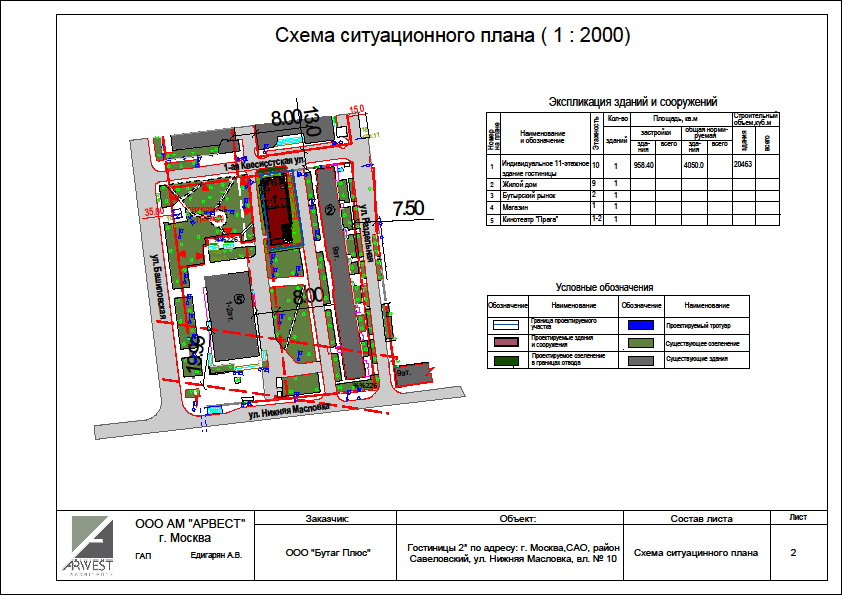
By itself, frequent urination may not represent the complete picture in the diagnosis of the disease. An important role is played by the signs that accompany this condition:
- The presence of itching and burning.
- Passing urine in small portions.
- Feeling incomplete emptying Bladder.
- Vaginal discharge.
- Availability spotting in urine, etc.
If urination does not bring discomfort, this may indicate a disease such as diabetes insipidus (this is an ailment of the neuroendocrine system). At diabetes a woman may also not feel pain or discomfort. But if, in addition, there are the following symptoms, then you should contact the endocrinologist:
- Dry mouth.
- General weakness.
- Constant cravings for food, with significant weight loss.

During the onset of menopause, a woman can also often go to the toilet. This is due to the fact that the structure of the ovaries during this period is modified. With absence unpleasant symptoms there is no cause for concern. If something else worries, it is better to immediately seek help from a doctor.
Urological causes
The urinary system in women due to physiological structure more susceptible various infections and inflammation than in men, so common causes frequent calls the toilet includes infectious lesions.
Here is a list of diseases that can provoke this condition:
- Cystitis. If it is present (in addition to frequent urges), pain and burning sensation are added at the time of emptying the bladder. And even if a woman just went to the toilet, the desire to urinate may arise immediately.
- Urethritis. With this disease, at the beginning of the process of urination, itching and burning occurs.
- Pyelonephritis. This is an inflammation of the kidneys, in which there is pain in the side or lumbar region. Along with frequent urination in pyelonephritis general state women are significantly worse. It's connected with high temperature body, weakness and nausea.
- Nephrolithiasis. This is a urolithiasis, with which frequent urination in women can occur when shaking, physical activity. In many patients, these urges are observed at rest.
- Overactive bladder. This pathology associated with disorders of the nervous system.
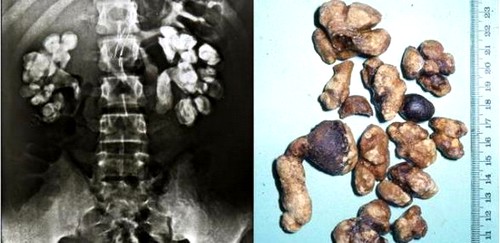
If you suspect that you have a disease, look for the following signs of your urine before testing:
- her color;
- the presence of impurities;
- degree of turbidity.
Diseases of other organs
In addition to urological and physiological reasons, there may appear reasons that, it would seem, can in no way be connected with urinary system. Nevertheless, the effect of certain diseases on frequent urination in women without pain has been proven in medicine:
- Heart failure. In such patients, edema may appear during the day - both obvious and hidden. How the body fights excess fluid and trying to get her out. At night, the woman stops moving, so the urge to urinate becomes more frequent.
- Gynecological problems. A common cause of frequent urination in women is uterine fibroids, which most develop after the age of 35. it benign tumor, located near the bladder, and as it grows, the fibroid begins to squeeze it. Another gynecological cause can become sexually transmitted diseases. AT adulthood The cause of frequent urination can be the prolapse of the uterus.
- endogrine pathologies. About them it was written above.
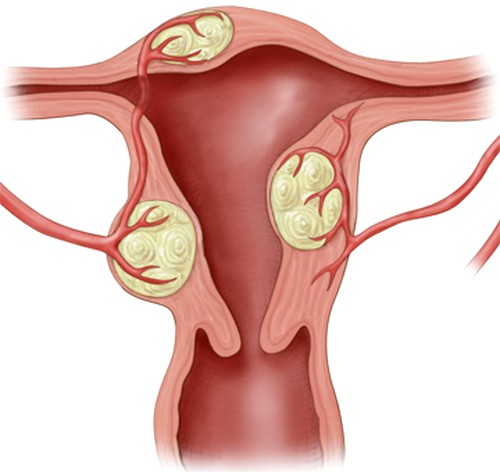
What actions should be followed for the problem of frequent urination?
The most important thing is not to self-medicate, listen to the advice of neighbors and friends about this. Even if they have the same symptoms as you, and some remedy helped them, it is not certain that it will help you too. Listen to your body, if you don’t have other symptoms besides frequent urination, then most likely you shouldn’t worry. In the presence of pain, burning, pain, blood impurities in the urine and other signs, consult a doctor immediately.
A woman must definitely visit 2 specialists - a gynecologist and a urologist. An experienced doctor will not make a diagnosis immediately, he will refer the patient for examination and testing.

Possible treatment
After making a diagnosis, the doctor will prescribe a course of therapy. If it was detected inflammatory process in urinary tract prescribed antibiotic treatment. At urolithiasis conservative or surgical treatment for the purpose of removing stones from the body. If the cause is endocrinological problems, then hormonal therapy is prescribed.
If frequent urination without pain appeared during pregnancy, while taking diuretics or as a result of stress, drug treatment not required. Worth adjusting drinking regimen and do Kegel exercises to strengthen the pelvic muscles.
This is a urinary disorder in men and women, which manifests itself in the release of most of the urine at night. In 24 hours the body healthy person excretes 1500-2000 ml of urine, which is almost 75% of the liquid he drinks (the rest is excreted in sweat and feces). Normal frequency the process of urination is 5-7 times a day. Frequent drinking or taking more liquids can cause more frequent urination I. If increased urination is not associated with fluid intake, this may be evidence of a disease. genitourinary system. Daytime urination in a healthy person, it should exceed the night one by two to three times.
Causes of increased urination at night
The most common causes of increased urination at night are kidney disease, bladder me and others organs of the genitourinary system s. In some cases, it can be triggered by anemia, heart failure, adenoma prostate.
Frequent urination at night is divided into two categories:
- Increased amount of urine (polyuria).
- Dysfunction of urination, in which there are problems with emptying the bladder and with storing urine.
Causes increased urination at night are:
- chronic pyelonephritis;
- acute and chronic glomerulonephritis;
- prostate adenoma;
- prostate cancer;
- cystitis;
- cystopyelitis;
- nephritis;
- nephrosclerosis.
These phenomena represent oppression concentration function of the kidneys, which occurs at different pathological processes and indicates a decrease reverse suction water in renal tubules. In most cases, increased urination at night is due to circulatory disorders of the kidneys as a result renal pathologies or diseases of the cardiovascular system.
In older age, frequent nighttime urination in men and women is more likely to indicate atherosclerosis renal arteries . A good urologist Kyiv will be able to accurately determine the cause of the symptom and prescribe an effective treatment.
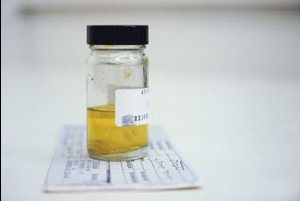
Consequences of increased urination at night
- a frequent disturbing condition of patients with an experienced urologist at the Urology Clinic in Kyiv, because it causes sleep disturbance. This leads to a decrease in energy, a decrease in concentration, feeling unwell, impaired memory (forgetfulness), decreased mental flexibility, decreased ability to work and increases the risk of various diseases in future. In addition, if frequent nighttime urination is associated with, then untimely treatment may lead to different pathological condition or abscesses of the kidneys of the bladder or prostate.
Diagnosis of frequent nighttime urination
If, in addition to increased nighttime urination, there is also an increase in daytime, with normal fluid intake, you need to seek help from a good urologist at the Urology Center in Kyiv. At the reception good doctor urologist Kyiv collect anamnesis will carry out all the necessary research and send for delivery urinalysis according to Zimnitsky. The analysis is that the patient must collect 8 servings of daily urine every 3 hours so that, then, with the help laboratory methods research, the laboratory assistant was able to determine the specific gravity and volume of urine. At night, urine should be less and it should be more concentrated.
When suspected of urological diseases, professional doctor urologist Kyiv can also prescribe to the patient Ultrasound of the kidneys Kyiv , Bladder ultrasound in Kyiv , Ultrasound of the prostate Kyiv.

Treatment frequent nocturnal urination in a good urologist Kyiv is due to the elimination of irritative and obstructive symptoms, and depends on the cause that causes a violation of urination.
results diagnostic tests are a decisive factor in the appointment of increased urination at night. If the problem is physiological character, experienced doctor urologist Kyiv gives practical advice patient to reduce urination at night. In case the problem is caused diseases of the genitourinary system, a good urologist in Kyiv appoints a patient complex treatment aimed at treating the disease. For this, it can be assigned antibiotic therapy, medication, and in rare cases required surgical intervention.
Such a pathology as difficulty urinating in women most often manifests itself in adulthood. The main root cause is the exacerbation of chronic diseases that have not been fully cured before. But it also happens that difficulty urinating occurs as a result of more dangerous diseases Therefore, if such a symptom occurs, it is better to consult a doctor. Why does stranguria occur, how to treat pathology and what preventive measures help prevent relapse?
general information
Problems with urination in women are due to various reasons. To eliminate some, it will be enough to drink a course medications, but such diseases also develop that are dangerous to the health and life of a woman. Therefore, urination disorders require special attention, timely diagnosis and treatment, which is prescribed by a doctor after a full study and analysis of the results.
Causes of difficult urination in women
The reasons for the development of stranguria are as follows:
- Chronic inflammation of the bladder or cystitis. This is one of the most common pathologies that causes frequent urination at first, and as the pathology progresses and edema occurs, it complicates the process. A woman is worried about pain, burning, cramps, and with an exacerbation, symptoms of intoxication develop, the temperature rises.
- Damage by inflammation urethra, while the walls of the organ become edematous, and this is the cause of urination disorders. At first, a woman is worried about frequent urination, and when edema appears, it is bad.
- Urolithiasis, in which mobile salt inclusions enter the lumen of the ureter and cause urination disorders. The walls of the bladder are irritated, this provokes cystitis, in which at first frequent urination worries, urine is not excreted. large portions with a strong urge to go to the toilet.
- Oncological disease of the urethra, which is initial stages does not bother the patient, and as the tumor grows, urination becomes difficult.
- Weak urination in women can be the first sign of pregnancy, and some women experience frequent urination early in pregnancy. Therefore, when this symptom manifests itself, it is important to determine the root cause, and then take measures to cure it.
Symptoms
 Weak stream and frequent urination- the main symptoms of the disease.
Weak stream and frequent urination- the main symptoms of the disease. The main symptom that indicates the development of a problem is a weak stream during urination in women. In the process of urination, urine is excreted in small portions; in order to start the process, a woman needs to push, since initially there is no urge to urinate. If the factor that caused the pathology is inflammation, then it becomes painful to urinate, and frequent urination is disturbing. AT advanced stages urine is excreted with blood, pus, mucous and salt inclusions. In oncology, the symptoms are similar, but at stages 1–2, slow urination can be without pain.
Diagnostics
If urination is difficult in women, it is important to correctly determine the root cause of the pathology, since it will depend on making an adequate diagnosis. successful treatment. Diagnosis begins in the doctor's office, who asks the patient about how urination occurs, what symptoms are bothering, how long the disease has been progressing. Symmetry is assessed on palpation and examination. lumbar, with inflammation, the doctor will notice an increase urinary organs and kidney size. If a tumor neoplasm develops, then the doctor will also be able to feel it.
Laboratory tests
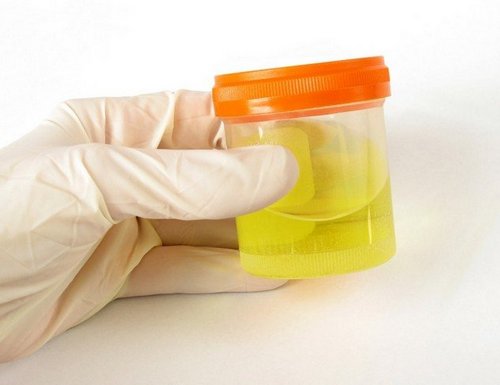 Need to do precise analysis urine and blood.
Need to do precise analysis urine and blood. First of all, you need to pass a urine test. In order for the indicators to be accurate, before passing, you need to carefully prepare, conduct hygiene procedures Wipe dry the external genitalia. Urine for analysis is taken in the morning, and an average portion is needed. After a maximum of 1.5 hours, the sample must be in the laboratory, otherwise the results will be distorted. General analysis blood during inflammation will show a deviation from the norm of such indicators as leukocytes, erythrocytes. If the doctor suspects oncological disease, would need biochemical analysis blood, in which, with the development of cancer, tumor markers will exceed normal values.
Also shown to take swabs to detect pathogenic microflora and identification of the underlying pathogen. Based on the results, the doctor selects antibiotic therapy narrow spectrum of action, which short time destroys the pathogen. If the doctor doubts the final diagnosis, it will be necessary to undergo instrumental diagnostic measures that will help to make a final decision.
Instrumental research
To identify the causes of intermittent urination, it is shown to undergo instrumental diagnostic measures. One of these methods is ultrasound diagnostics, during which the doctor will be able to assess the condition of the organs. abdominal cavity, to determine the correct location. Also, with the help of ultrasound, the structure of the tissues of the bladder and kidneys is assessed, whether there is inflammation or neoplasm on it, whether the organ is enlarged in size.
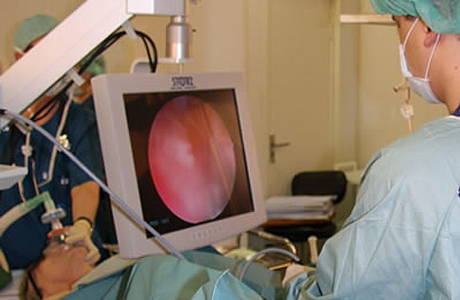 To determine the condition of the mucous membranes of the ureter, the doctor may prescribe a cystoscopy.
To determine the condition of the mucous membranes of the ureter, the doctor may prescribe a cystoscopy. In order to assess the condition of the mucous membranes of the ureter, cystoscopy is performed. This method involves the introduction of a cystoscope into the ureteral canal, the results are visualized on the monitor screen. If there are pathologies on the tissues, the doctor will definitely see them. But at severe inflammation such a procedure is contraindicated. If a neoplasm of unknown etiology is suspected in the urination organs, it is indicated to undergo an MRI or CT scan. In order for the results to be as accurate as possible, a contrast agent is used, which is administered intravenously before the procedure itself. When the diagnosis is confirmed, the doctor prescribes a treatment regimen that is aimed at eliminating the root cause.




